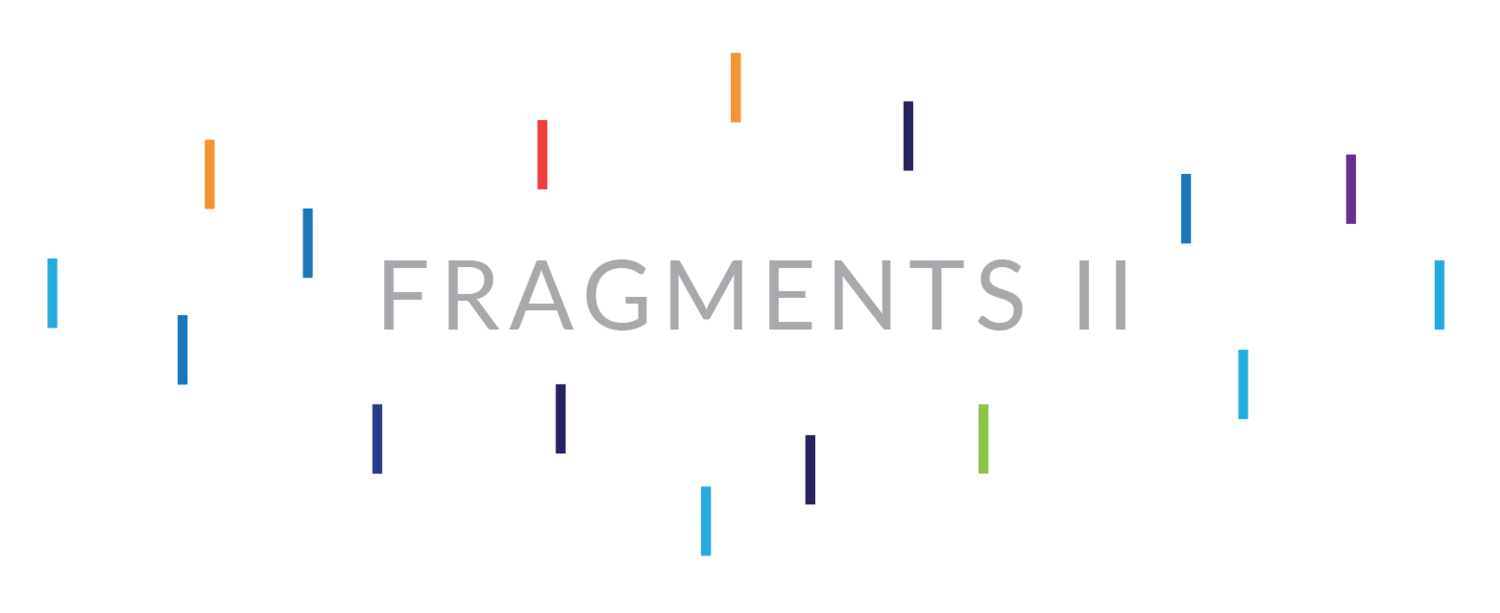School Leadership and Covid-19: It’s complicated!
One of the things I most enjoy about my job are the people around me who regularly share their ideas, knowledge and understanding. With each reference, book recommendation, or insight, it's like we are caught up in this collective effort to make sense of the things that are happening around us.
So it was no surprise when my new boss, James MacDonald, walked over to me the other day and dropped Jardin’s Principle into the conversation as a way of understanding the challenge of educational leadership during an unprecedented pandemic.
Strongly reminiscent of Paul Ricoeur and his ideas around second naivete, Jardin’s Principle was first developed in 1997 by Rob Eastaway in an article in the Financial Times.
Jardin's Principle is this: if you are trying to understand any subject or system, your level of understanding will pass through three stages. To start with, the way that you see and describe a system will be simplistic ie over-simplified, then it will become complicated but ultimately it will become simple again.
Simplistic > Complicated > Simple
So, to go back to the language of Ricoeur, we start off naive in our learning journey. We think we know, but we really don’t. As we increase our understanding, we realise just how much we don’t know. We question everything, we lose our bearings, and it is suddenly very hard to make sense of in our heads, let alone to anyone else. Then, finally, we begin to see patterns and the fog begins to clear. We know what’s important and can start to see the wood for the trees.
So far, so good. But what’s even more interesting are the “Caveats” that Eastaway adds to demonstrate that the principle is not as simple as it looks. To summarise:
We find it hard to distinguish between simplistic/naive and simple/profound.
Those of us who are at the complicated level tend to assume that there is no higher level than ours.
We are notoriously bad at working out which level we are at.
We can’t skip levels on the way to level three.
Most of us either over-complicate or over-simplify things we don’t really understand.
Despite the fact that Eastaway later explained that Jardin’s Principle was a made up name, there is no doubting its ability to bring meaning and clarity to much of what we see around us in our schools. If we stop for a moment and focus solely on the complexity and challenges that we are all facing with Covid-19, three things come to mind.
First - and here I credit James entirely for this idea - we are currently on a multi-staged journey through a global crisis that we know is going to get more complex before it gets easier again. The problem that we face, as educational leaders, however, is that we don’t exactly know how far along we are. For months, we have lived with this sense that we were moving into a more complex phase, only to discover subsequently that things were relatively simple compared to what happened next.
Second, most of us might admit, in hindsight, that our “Reopening Plans” were either too complicated or too simple. Jardin’s Principle helps us to understand that this was always going to be the case, precisely because none of us really understand what is going on around us. Again, the challenge that we are facing is that others are looking to us for meaning and insights that we simply don’t have at this point.
Third, as challenging as things may be, Jardin’s Principle is also a message of hope in that it reminds us that everything that becomes complex will, one day, simplify again.
And that one, simple thought may be just enough to keep us going until the fog starts to lift and the sun finally starts to shine again through the clouds.
Photo by Amy Elting on Unsplash.




